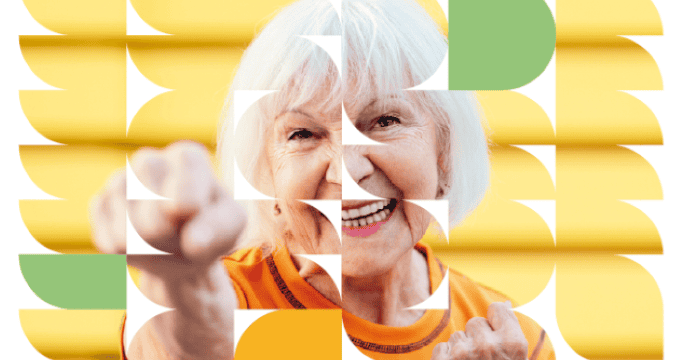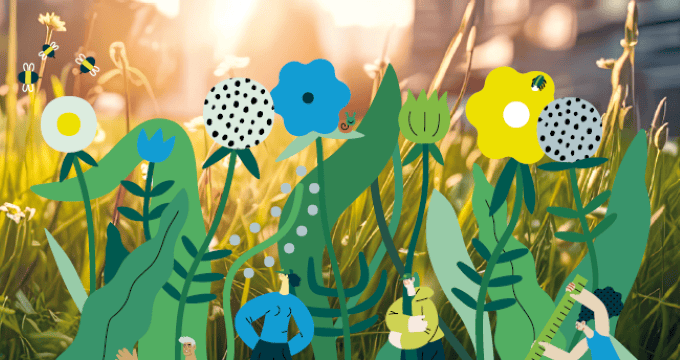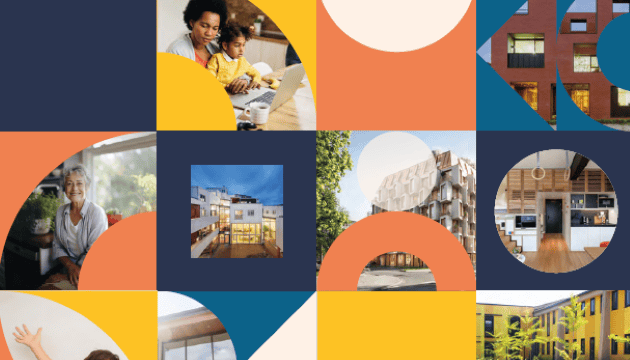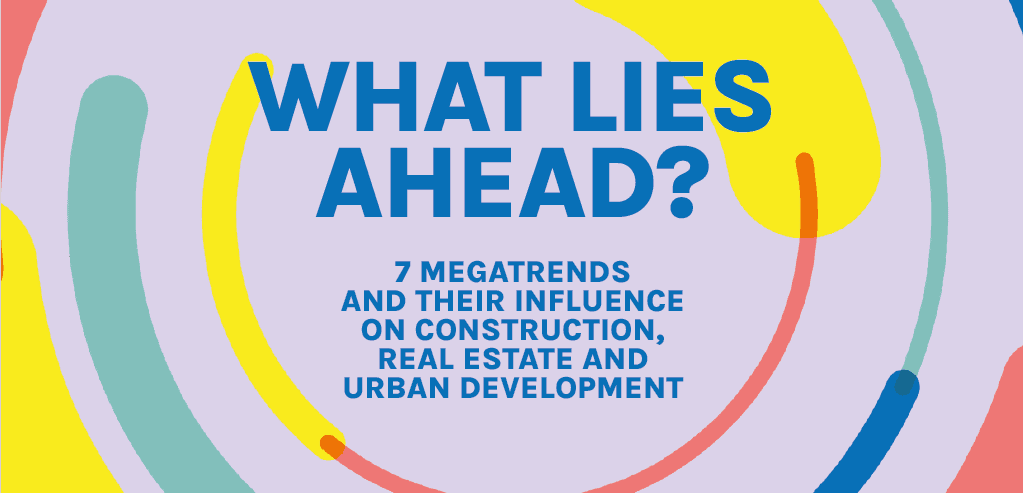
Intrapreneurial interview with Nicolas Courtois and Nicolas Dubreil
3 minutes of reading
Intrapreneurship is a way of developing an innovative project without leaving your company. How does it work? What do you need to know before you start? Nicolas Courtois and Nicolas Dubreil, intrapreneurs from NewValue, seasons 1 and 2, told us about their recent experience in the matter.

#1 Why did you apply?
Nicolas Courtois (NC) – For 2 years, I had been wanting to realise a project to add height to an existing building. I would have liked to give it a go by myself, but when you are a construction site manager, it is hard to find the free time to make a project like that a reality. The NewValue scheme was an ideal setting in which to test my idea. Moreover, since most of my career had been in construction, it was an opportunity to see how I fared as a salesman! Nicolas Dubreil (ND) – I applied to the programme in order to develop a concept that had been on my mind for years but that did not really fit with our internal development processes: it was too different from industry practices and at the same time it was too similar to our “core business” to count as R&D. NewValue lent a new dimension to this project, which up to then I had financed with my own money and worked on in my free time.#2 You took part in season 1 of NewValue. With hindsight, 1 year later, what did that bring you? How is your year looking, given that you successfully developed your business with “b-analytics”? What are the next steps?
ND – I met a lot of people this year, which allowed me to accelerate my project and let it evolve. I got some effective advice on how to move forward and ask myself the right questions. 2019 is going to be devoted to finalising and launching the first technical modules, in a community of 120 structural engineers. This testing-ground will allow me to improve my project even further, as well as define my future strategy – which at this point could equally be a simple internal service offer or an independent ‘spin-off’ company.#3 What advice would you give to young intrapreneurs, such as Nicolas Courtois here?
ND – You’ve got to have the courage of your convictions, as new ideas are often met with a lot of scepticism, and a lot of people need to see something that already “works” before getting on board.#4 You have just started the programme. What are your first impressions and your expectations for the future?
NC – Following the first oral exam and the satisfaction of seeing my project selected in January, I have just attended my first day’s coaching, a real insight into how to incubate a project. Experts will be accompanying us for 5 months on various aspects of defining and positioning our projects. Over and above the personal development that this will bring us, it is a way of opening up to new methods of working/solving problems.#5 Can you tell us a bit more about your project? What’s it all about?
NC – In the city centre of large metropolises, the property market is very tense: it is very difficult for private individuals to find housing. This situation forces them to look in the suburbs, sometimes very far from the city centre. In the same areas, constructing new buildings is laborious for lessors: there is little land available and purchasing the neighbouring buildings takes a long time. To tackle these 2 issues, you can build directly onto the roofs of existing buildings and create up to 30% additional surface area. That’s the idea behind it, “a roof higher”, a structure devoted to adding height to buildings. The project has 3 defined objectives:- social: The project participates in urban densification and the construction of housing close to existing public amenities.
- profitable: the land, foundations and and common areas already exist. The existing property gains value from the increased height, which can be added as part of more comprehensive renovation work on the whole building.
- reliable: thanks to the Group’s tried and tested experience on sites to renovate occupied sites.
More reading
Read also




What lies ahead? 7 megatrends and their influence on construction, real estate and urban development
Article
20 minutes of reading

